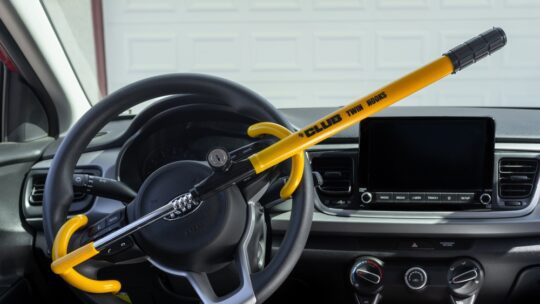
It is hard to imagine a worse viral moment for a brand than what Hyundai and Kia currently face due to the “Kia Boys” TikTok trend spreading instructions for easily stealing certain vehicles with as little as a USB stick.
City-level auto theft data paints a stark picture: in Milwaukee, Wis. alone, Hyundai and Kia thefts increased more than 2,500% after the trend went viral, representing two-thirds of all car theft in the city in 2021. A growing number of cities are suing the companies, and in May 2023, the automakers agreed to a $200 million class action settlement.
As owners endure stolen vehicles, rising insurance rates, and even loss of coverage, Hyundai and Kia’s efforts to respond have failed to curb thefts, and the trend remains ongoing.
Beyond the legal and financial toll, the reputational damage for the automakers could be significant. It doesn’t have to be that way, if Hyundai and Kia are willing to change course.
How Hyundai and Kia Initially Responded
The spike in Hyundai and Kia thefts is nothing new: Milwaukee was an early harbinger of the issue in early 2021. Despite the advance warning, responses from the companies have been sporadic and left many customers still seeking answers:
- Statements from the companies throughout 2022 typically reminded motorists that their vehicles met federal regulations, and that newer models were not affected.
- In October of 2022, the companies rolled out a fix for owners: a security kit that cost hundreds of dollars.
- A free software update that dealers could install arrived in February 2023; however, uptake has been low, as many owners remain unaware of the problem.
- The companies are now offering reimbursements for drivers who buy a wheel lock to deter thieves.
Thefts continue to climb—not to mention break-ins into updated cars that can’t be stolen. Moving past the crisis environment the companies find themselves in now requires a shift in tone.
Taking the High Road
A more proactive paid media strategy is a good place to start with a creative approach—by leveraging the window sticker cars receive denoting they have the security update. Prospective thieves might miss this signal and break into a car anyway, and cars without the sticker are easy targets. Targeted digital advertisements and influencer partnerships—particularly on TikTok where the trend originated—can help educate owners and prospective thieves alike on the security fix. The companies could address the latter issue by having dealers install the window stickers at random. This way, any car on the road with or without the sticker might be secured, deterring break-ins and poisoning the well against a perpetual cycle of theft.
Utilizing the Power of Public Affairs
The companies also need to show owners they have learned from the incident and take security seriously. Engaging with regulators can help reorient their reputation. Working with the National Highway Traffic Safety Administration (NHTSA) to issue a recall on affected vehicles would be a promising start. Although the cars technically meet federal safety standards, the rash of thefts and injuries caused by the security flaw calls those standards into question. Alerting more owners about the fix will only help abate the trend of costly repairs and dangerous joyrides.
These outdated standards also pose another opportunity for the companies. Pushing to reform these rules can signal a renewed approach to security. And what the automakers propose shouldn’t merely close this gap, but raise the bar for the industry and mandate greater security tech for all new cars.
Reestablishing Owner Trust
With these concrete and proactive steps in the works, the companies gain room for an earned media posture that reestablishes owners’ trust. Acknowledging the lapse in security and the harm caused to owners will be difficult, but taking steps to fight the problem and change the industry would help redirect focus to solutions and positive change.
For Hyundai and Kia, the course ahead is clear. Failing to meet the moment promises a continued bumpy ride—turning this challenge into an opportunity is the smoother road.
Austin Adams is an Account Director, Public Affairs for CLYDE
